CSO develops professional re/habilitation program for young adults with autism and garners support from decision makers.

Autism is a neurodevelopmental disorder that presents differently in every diagnosed person and poses varied challenges in how those individuals interact with others, communicate, learn, and behave. In Georgia, support for individuals with autism is discontinued after the age of 18, leaving many young people without the crucial support services needed to help them transition into productive and meaningful adult lives.
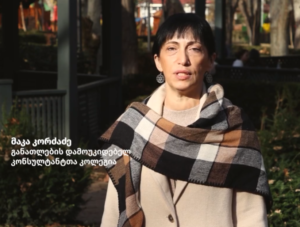
“I have close friends who are parents of children and young people with autism, and I know the great difficulty they face managing everyday problems and routines. There are more than 1,500 in Tbilisi alone that are accessing state habilitation services for children. When they turn 18, these services cease, forcing their families and caregivers into a vulnerable position as they give up work to care for them.”
Maka Kordzadze is the Executive Director of the Collegium of Independent Education Consultants (CIEC), a women-led organization devoted to improving the lives of vulnerable groups in Georgia. Maka says CIEC began advocating for young adults with autism after seeing the toll that the lack of continued support services had on both those diagnosed and their families.
With support from the USAID Civil Society Engagement Program, CIEC developed a re/habilitation model for young adults with autism to transition into adulthood. The program is specifically tailored to individuals with autism aged 18 and older and accounts for the transition from daily rehabilitation centers and school educational programs to adult services; the provision of adapted vocational education; and the development of communication and independent living skills needed to live a productive life.
After developing the model, the CSO began an advocacy campaign to introduce the model to key stakeholders and decision makers, including parents of children with autism, human rights groups, and various government agencies and representatives.
After several months of meetings and advocacy work, CIEC held a wider meeting with decision makers on March 1, 2024. At this meeting, CIEC presented their proposed program to representatives from several government bodies, including the Office of the Public Defender, the Ministry of Health, and Tbilisi City Hall. There, several government bodies agreed to convene a working group led by CIEC to address the ongoing issues for individuals with autism and work towards the implementation of support services for adults with autism. The Public Defender’s Office also agreed to recommend that the government introduce additional support programs for individuals with autism in its 2024 annual report.
Maka says this meeting marked an important step in garnering wider support from key decision makers and improving the lives of young adults with autism through an inclusive process.
“In Georgia, where we do not have a well-developed charity system, we are highly dependent on state services to support vulnerable groups. The March 1 meeting was attended by representatives of all governmental structures that are involved in the establishment of support schemes for young people with autism. We’re confident that we’ve got their initial support and look forward to continuing the process of working with them to make this program a reality.”



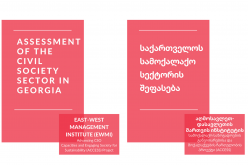

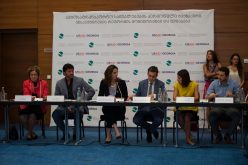
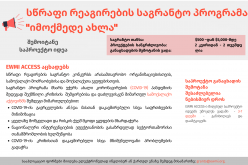

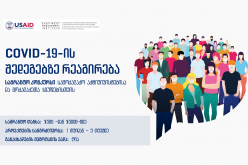
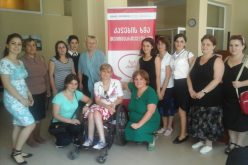
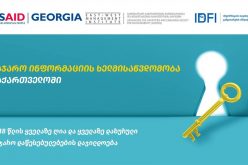



Leave a Reply